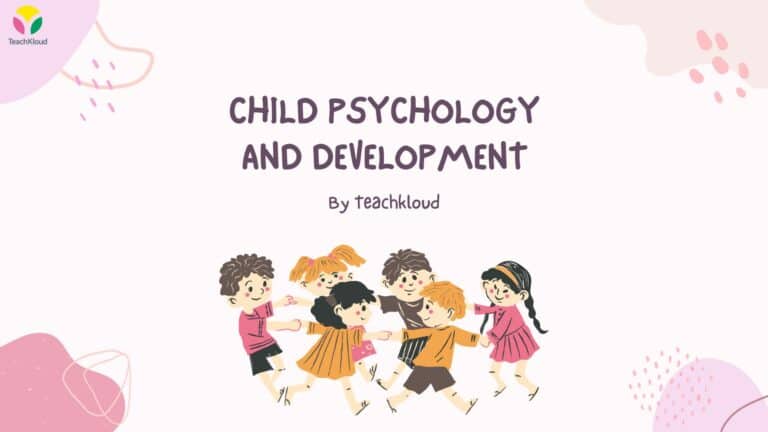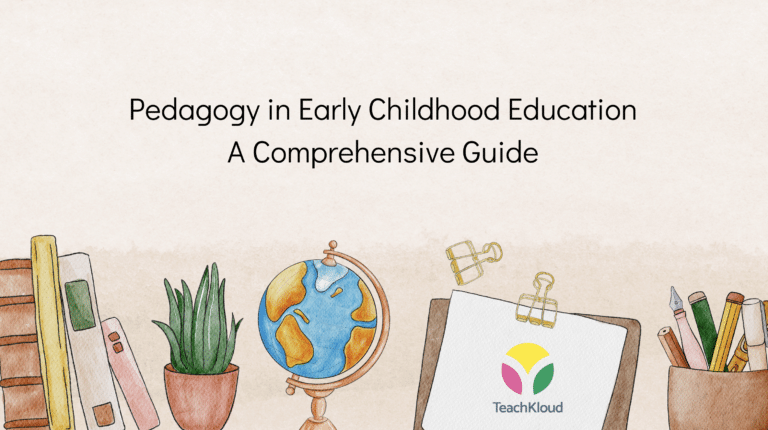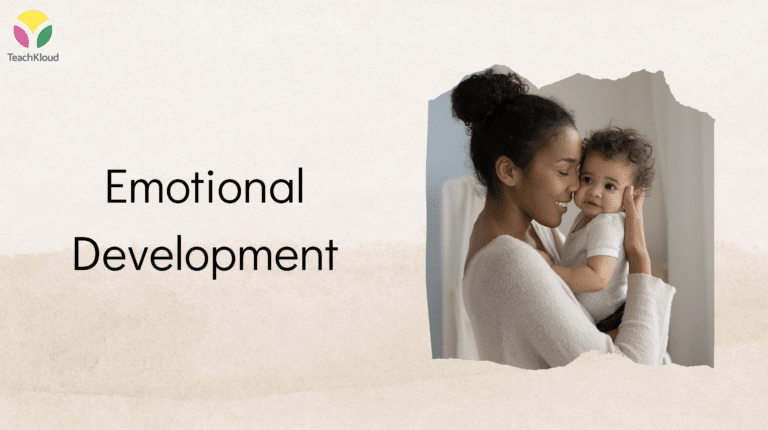Discussing challenging subjects with children can feel uncomfortable, given their innocence and stage of development. However, it is a crucial aspect of their emotional development, allowing them to grow into well-rounded individuals. This article provides educators with a series of tips and practical examples for addressing difficult topics with in children an effective and sensitive manner.
“The job of an educator involves more than teaching; it is about guiding young minds to comprehend and navigate the complexities of life.”
When guiding children through challenging discussions, consideration and tact are paramount. As educators, you need to take into account their age, their level of understanding, and their emotional readiness. This may seem daunting, but with the right approach, it can be a transformative process. Here are key points to remember:
Choose the Right Time and Place
When engaging in tough conversations with children, setting the stage correctly is nothing short of crucial. It’s essential to choose a suitable time and a comfortable setting where distractions can be minimised. The best environment is the one in which the child feels most secure and comfortable. Trying to have a difficult conversation with a child when they are tired or hungry, may not be the best approach. We have a fantastic and engaging webinar on supporting children with BIG emotions, watch now for effective tips.
Understand the Child’s Perspective
Every child is unique and responds differently to challenging situations. To sensitively handle the conversation, it is of utmost importance to first understand their perspective. Try to imagine how they’re interpreting the situation, think about their emotional maturity, and anticipate possible reactions.
Complex ideas and difficult topics must be translated into language that a child can comprehend. Remember, the aim of the conversation is to give the child a clear understanding, not to dazzle them with complicated jargon. Use analogies they can relate to or simpler terms for complex concepts. The easier you make it for them to understand, the more comfortable they will feel.
Children often blame themselves for difficult situations, even when they are not at fault. As an educator, it’s essential to reassure them that they are not to blame. Let them know that it’s normal to feel upset or confused. Most importantly, assure them that they are surrounded by people who care for them deeply and are there to help. Providing children with coping mechanisms empowers them to manage their emotions during difficult times.
Empower Them with Coping Mechanisms
Teaching techniques such as deep breathing, journaling feelings, or even seeking help from trusted adults can go a long way towards helping a child navigate challenges with resilience. Another coping mechanism, which is especially useful for younger children, is role playing. Role-playing different scenarios can be a powerful tool to help a child understand and cope with many difficult situations. Let the child express their thoughts and feelings while acting out situations. This method not only encourages them to frame their narrative but also allows them to process the scenario better. Watch this video on specific coping tips to help children cope with big emotions and how to implement them, here.
Break Down Information
When communicating difficult subjects, avoid overwhelming them with information. Break down complex ideas into simpler concepts they can understand. Use metaphors and analogies that connect to things already familiar to them. For example, you can explain a family member’s illness by comparing the body to a car that sometimes needs extra care or fixing.
Be Open and Honest
It’s normal for children to feel various emotions while digesting heavy information, like sadness, confusion, or even anger. It’s important to validate these feelings, tell them it’s alright to feel this way, and provide them with comfort and reassurance. However, while validating, be sure to be honest and mindful of the child’s age and sensitivity. It’s also important not to alarm them unnecessarily. If a family pet is being put to sleep, you might explain that the pet is very sick and the vet has said that they will not get better, and it’s the kindest thing to do to spare them from pain.
Be Prepared to Answer Questions
Children are naturally curious and will almost certainly have questions. Try to respond as openly and accurately as possible, while still considering the child’s emotional capacity. However, it’s completely fine to say “I don’t know” or “I’ll find out” if you’re unsure of something. No one has all the answers and it’s essential to demonstrate that it’s okay not to know everything. Provide a Safe Haven
In the face of difficult discussions, children need to know they have a safe space to express their thoughts and fears. As an educator, it’s your job to foster that environment. Be open to dialogue, encourage expression, and reassure them you’re there to support them on this journey.
Follow Up on the Conversation
Lastly, always remember to revisit the conversation. This follow up shows that you’re there for the long haul. Use this as an opportunity to answer any further questions, guide their thought process, or simply provide more comfort and support. Conversations about difficult topics should not be a one-time event. It’s crucial to regularly revisit the topic, especially if the situation is ongoing. A quick check-in goes a long way in making sure they understand what’s happening and are coping well. Moreover, it provides an opportunity to clear any new doubts or concerns they may have.




